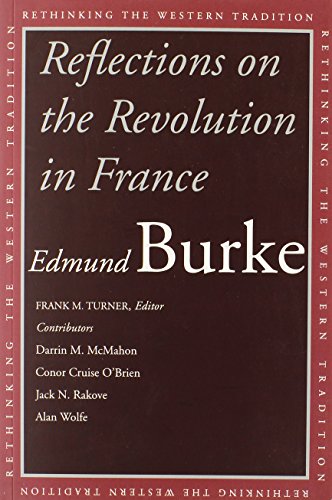

A constitutional society is the particularized manifestation of universal truths: such as the right to associate, right to organize government, right to dismiss corrupt rulers, etc. That is, does a defense of institutionalism necessarily mean one is a “conservative.” What if you are defending liberal institutions, that is, institutions that promote liberal ends rather than conservative ends? Can one honestly call such a defender of liberal order a conservative? (Conservatives would say no and liberals would say the same.) However, we are not going to concern ourselves with this discussion – what we will concern ourselves with is Burke’s analysis of “revolution society” and “constitutional society” and what is entailed in both.īurke’s constitutional society is a well-ordered society from organic evolution with ancient and longstanding roots a quintessentially conservative disposition. The beginning of Burke’s critique of the French Revolution begins with his analysis of “ Revolution society” and contrasts a revolution society with a “ constitutional society.” This marks the debate between moderate liberals and conservatives as to Burke’s proper placement in political philosophy.

I: First Critique, the Revolution’s Anti-Institutionalism (On Constitutional vs. I will, as time permits, explore the rest of the text in due time – but it is this first part which is most famous of Burke’s timeless text. I should also point out these these three key ideas come from the first part of Burke’s Reflections on the Revolution in France. Rather than engage in the debates of Burke’s conservatism and moderate liberal institutionalism, we will examine three key ideas to Burke’s critique of the French Revolution, the revolutions’: anti-institutionalism, anti-humanism, and anti-property sentiment. Likewise, he offered up one of the first systematic critiques of the French Revolution which began the “Pamphlet Wars” in England which divided the English intelligentsia between pro- and anti-revolution intellectuals. In the twentieth century, it much influenced conservative and classical liberal intellectuals, who recast Burke's Whig arguments as a critique of Communism and Socialist revolutionary programmes.Edmund Burke looms large in the history of political philosophy and the philosophy of critique for a divided legacy of either being the first modern conservative or a very moderate liberal. Reflections on the Revolution in France is a 1790 book by Edmund Burke, one of the best-known intellectual attacks against the (then-infant) French Revolution. Download cover art Download CD case insert Reflections on the Revolution in France


 0 kommentar(er)
0 kommentar(er)
